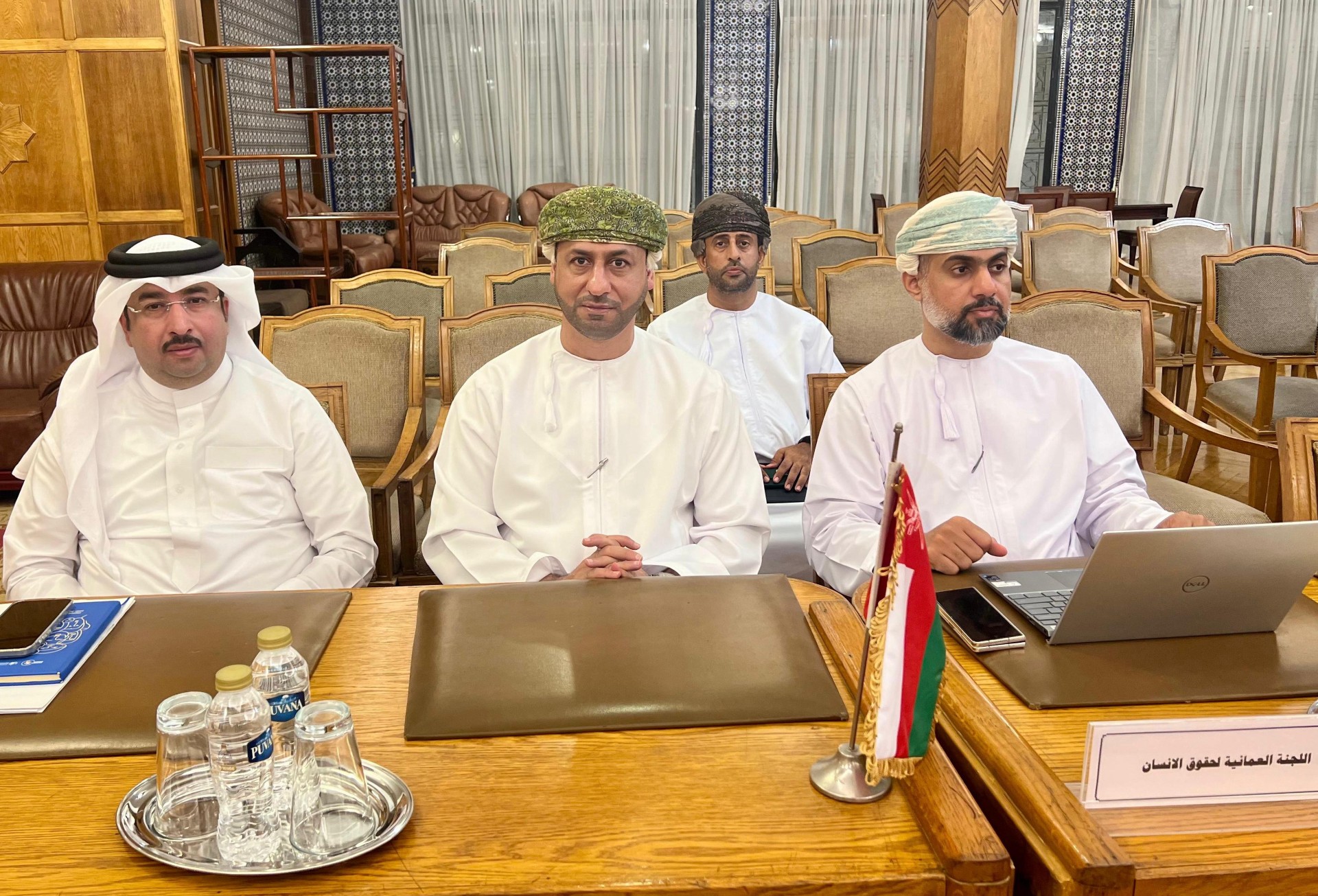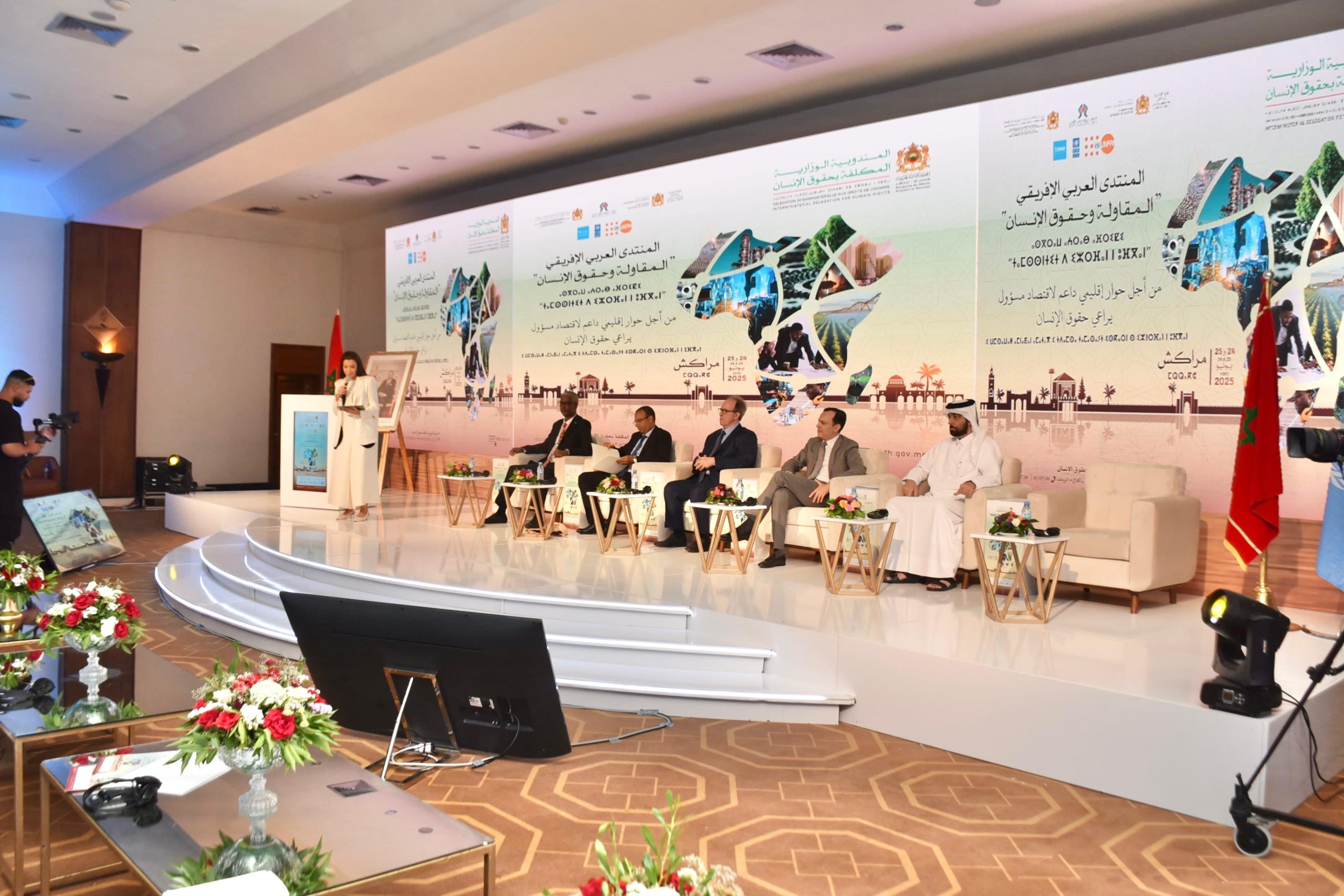The Conference addressed twelve main topics, including the fundamentals of artificial intelligence (AI), such as machine learning and natural language processing. It also covered the impact of AI on personal data, surveillance, and privacy rights, in addition to issues of bias and discrimination, freedom of expression, content moderation, censorship, and safeguarding freedom of speech. Other key topics included AI governance and accountability, human rights-based rulemaking, transparency, and redress mechanisms.
Further discussions covered digital access and justice, ensuring equitable access to AI resources and preventing the digital divide. One track, titled “AI for Good,” focused on harnessing the positive applications of AI in sectors such as health, justice, environment, and education.
Participating experts also explored legal and ethical frameworks, including laws, policies, and ethical standards for the responsible use of AI. A dedicated session focused on security, armed conflict, and ensuring human rights, along with discussions on how emerging technologies can enhance inclusive participation.
The participants also addressed the future of media in the context of AI from a human rights perspective, emphasizing both the risks and innovations. They explored AI-driven transformations in employment and labor opportunities, and their implications for workers’ rights and economic inequality.
The Conference’s final recommendations emphasized the need to place human rights at the core of AI development, deployment, and regulation. It called for global AI governance to address the broad and profound potential impacts of AI on human rights. The recommendations also stressed the importance of meaningful participation by a diverse range of stakeholders—including women, youth, and persons with disabilities—in the design and governance of AI systems at national, regional, and international levels, in line with the International Human rRghts Law.
The Commission’s delegation included lawyer Ms. Maimoona bint Said Al-Sulaimaniyah, member of the Commission; Ms. Labeeba bint Mohammed Al-Maawaliah, member of the Commission; and Mr. Said bin Mohammed Al-Nadabi, Head of Public Relations at the Oman Human Rights Commission.







